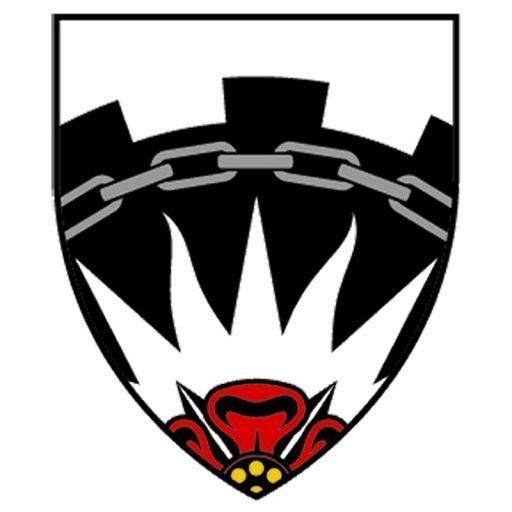Photos of university / #officialuom
The School of Mechanical, Aerospace and Civil Engineering has a long, strong and unique tradition in UK in Aerospace Design, Helicopters, Heat Transfer, Aerodynamics, Computational Fluid Dynamics and Flow Diagnostics. This programme exploits and builds on those strengths and basically recognises particular combinations of subjects unique to Manchester. The programme also exploits our strong links with BAe Systems, Airbus, Rolls-Royce, DSTL, USAF, North West Aerospace Alliance, North West Development Agency, SBAC etc.
This MSc aims to produce high quality graduates with specialist training in Aerospace Engineering who will be suitable for employment in the engineering industries and consultancies. Aerospace engineering graduates are highly valued and are currently in great demand. The Manchester programme specifically seeks to serve this growing industry requirement. The programme is suitable for engineering and science graduates, engineering professionals working in technical/commercial management and they want specialise in Aerospace Engineering, engineering specialists/generalists, management/technical pilots, consultants, industry analysts etc.
Teaching and learning
The taught part of the programme is organized in mandatory units and optional units taught in semesters 1 and 2. Students will be required to choose one optional unit each semester at the beginning of the programme. Typical core course units include: Aerospace Design, Research Methods, Aerodynamics, Propulsion and Systems. Typical optional course units include (not all the options may be offered every year): Composites, Helicopters, Manufacturing, CFD, Numerical Stress Analysis, Flight Simulation, Heat Transfer, Aeroacoustics and Management.
Progression and assessment
To obtain an MSc qualification, students must pass in both the taught element of the programme and submit a satisfactory dissertation. To pass the taught element of the programme, students must attend and satisfy examination and coursework requirements in each of the course units. The period May to September involves the dissertation topic of the programme (though a start on the project will be made in semester 2). Project dissertations may be carried out either on-campus, or within industry; external bodies will be selected and agreed with the University. Students may in special circumstances carry out their research overseas. A list of projects will be made available at the beginning of the programme. A suitable Academic Project Supervisor will be appointed for every student. For research based outside the University, an External Project Supervisor will also be appointed with the agreement of the Programme Director.
Facilities * Low and high speed wind tunnels
* Shock tubes
* Flight simulator
* Finite Element and Computational Fluid Dynamics software
* Computing laboratory with parallel computing clusters
* Low speed water tunnel
* Instrumentation for flow and heat transfer measurements
* Optical diagnostic systems for flow measurement and visualisation
* Combustor and heat transfer rigs for gas turbine related experiments
* Aerospace structures and composite materials research laboratory
* Systems and dynamics research infrastructure
* Impact and explosion research facilities
* Manufacturing and Laser Processing research laboratory
Full entry requirementsAcademic entry qualification overview: The standard academic entry requirements for this programme will be a Lower Second UK honours degree, or international equivalent, in a relevant science or engineering discipline.English language: Students will need to be able to demonstrate competency in the English language and students who do not already possess a recognised English Language qualification will need to take a test such as IELTS or TOEFL and attain a minimum of IELTS 6.5 (with no sub test University's Language Teaching Centre. English Language Requirements CAE score: (read more) Cambridge English: Advanced (CAE) is part of the Cambridge English suite and is targeted at a high level (IETLS 6.5-8.0). It is an international English language exam set at the right level for academic and professional success. Developed by Cambridge English Language Assessment - part of the University of Cambridge - it helps you stand out from the crowd as a high achiever. 60 (Grade C)




